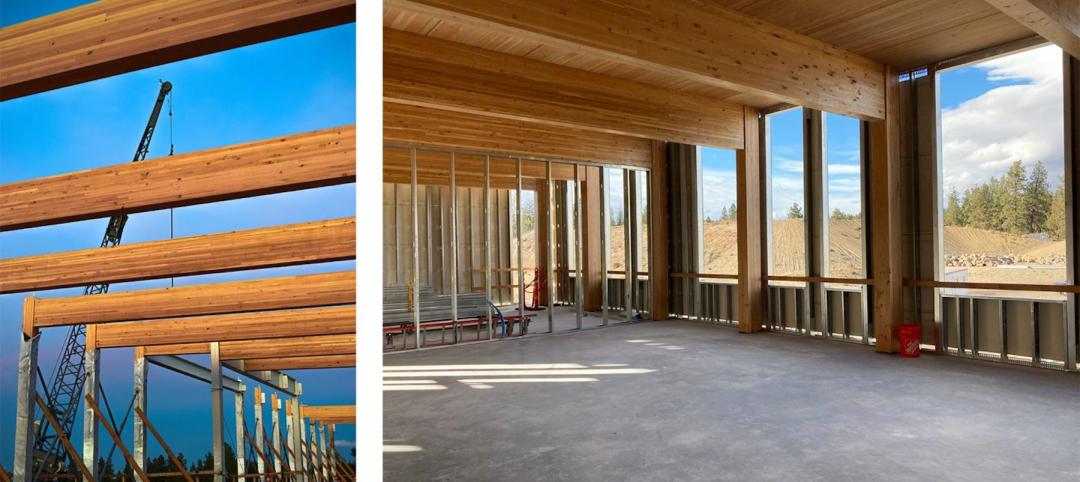Fall protection tops the list of the Occupational Safety and Health Administration’s most-cited workplace safety violations, according to a presentation by OSHA officials at the 2013 National Safety Council Congress & Expo in Chicago. During the past 12 months, a total of 8,241 fall protection violations were issued by the agency.
The FY 2013 top 10 are:
1. 1926.501 – Fall Protection 8,241 violations
2. 1910.1200 – Hazard Communication 6,156
3. 1926.451 – Scaffolding 5,423
4. 1910.134 – Respiratory Protection 3,879
5. 1910.305 – Electrical, Wiring Methods 3,452
6. 1910.178 – Powered Industrial Trucks 3,340
7. 1926.1053 – Ladders 3,311
8. 1910.147 – Lockout/Tagout 3,254
9. 1910.303 – Electrical, General Requirements 2,745
10. 1910.212 – Machine Guarding 2,701
Data Source: OIS Standards Cited Report Dated 9/13/13
About the National Safety Council
Founded in 1913 and chartered by Congress, the National Safety Council, nsc.org<http://nsc.org/>, is a nonprofit organization whose mission is to save lives by preventing injuries and deaths at work, in homes and communities, and on the road through leadership, research, education and advocacy. NSC advances this mission by partnering with businesses, government agencies, elected officials and the public in areas where we can make the most impact – distracted driving, teen driving, workplace safety, prescription drug overdoses and Safe Communities. Safety+Health<http://www.safetyandhealthmagazine.com/> magazine, the Council’s flagship publication, is a leading source of occupational safety and health information.
Related Stories
| Aug 11, 2022
Report examines supposed conflict between good design and effective cost management
A report by the American Institute of Architects and the Associated General Contractors of America takes a look at the supposed conflict between good design and effective cost management, and why it causes friction between architects and contractors.
Energy Efficiency | Aug 11, 2022
Commercial Energy Efficiency: Finally “In-the-Money!”
By now, many business leaders are out in front of policymakers on prioritizing the energy transition.
High-rise Construction | Aug 11, 2022
Saudi Arabia unveils plans for a one-building city stretching over 100 miles long
Saudi Arabia recently announced plans for an ambitious urban project called The Line—a one-building city in the desert that will stretch 170 kilometers (106 miles) long and only 200 meters (656 feet) wide.
| Aug 10, 2022
U.S. needs more than four million new apartments by 2035
Roughly 4.3 million new apartments will be necessary by 2035 to meet rising demand, according to research from the National Multifamily Housing Council (NMHC) and National Apartment Association.
| Aug 10, 2022
Gresham Smith Founder, Batey M. Gresham Jr., passes at Age 88
It is with deep sadness that Gresham Smith announces the passing of Batey M. Gresham Jr., AIA—one of the firm’s founders.
| Aug 9, 2022
Work-from-home trend could result in $500 billion of lost value in office real estate
Researchers find major changes in lease revenues, office occupancy, lease renewal rates.
| Aug 9, 2022
5 Lean principles of design-build
Simply put, lean is the practice of creating more value with fewer resources.
| Aug 9, 2022
Designing healthy learning environments
Studies confirm healthy environments can improve learning outcomes and student success.
Legislation | Aug 8, 2022
Inflation Reduction Act includes over $5 billion for low carbon procurement
The Inflation Reduction Act of 2022, recently passed by the U.S. Senate, sets aside over $5 billion for low carbon procurement in the built environment.
| Aug 8, 2022
Mass timber and net zero design for higher education and lab buildings
When sourced from sustainably managed forests, the use of wood as a replacement for concrete and steel on larger scale construction projects has myriad economic and environmental benefits that have been thoroughly outlined in everything from academic journals to the pages of Newsweek.

















